Iranian FM’s Riyadh visit turning point in Iran-Saudi Arabia ties: Analyst
By Ali Ghorban Bagheri
The recent visit by the top Iranian diplomat to Saudi Arabia marks a turning point in efforts to fully revive diplomatic ties between the two Muslim-majority nations, says an analyst.
Hadi Kobaysi, a political analyst from Lebanon in an interview with the Press TV website, said the visit of Iran’s foreign minister Hossein Amir-Abdollahian to Riyadh was another goodwill gesture by Iran, which has long been trying to ease tensions in the region and get the kingdom to abandon its confrontational stance.
“Amir-Abdollahian’s trip to Saudi Arabia marks a turning point in this path to decrease tensions, which can in turn end the Iran-Saudi confrontation altogether and boost stability in the region,” he remarked.
Iran’s foreign minister embarked on a maiden visit to the Arab kingdom earlier this week, where he held talks with Saudi crown prince Mohammad bin Salman as well as his counterpart Prince Faisal bin Farhan.
The first visit by a top Iranian diplomat in eight years, he represented an important confidence-building measure between the two countries, five months after they agreed to restore diplomatic ties.
Prince Faisal visited Tehran in June when the two sides agreed on forming joint political and economic committees to revive and bolster bilateral ties.
Kobaysi said Saudi Arabia’s decision to normalize with Iran has to do with the setbacks it has suffered over its regional policies and the fact that the kingdom is engulfed with internal and external challenges.
“After 20 years of hostile policies towards the resistance front, Saudi Arabia has now changed tack and agreed to a strategic ceasefire, which is aimed at improving its economic and political conditions,” he said in a conversation with the Press TV website.
He was pointing to the Saudi-led coalition’s protracted war in Yemen against the Ansarallah resistance movement and the strategic and material losses the West-backed coalition has suffered there.
“This came only after Saudi Arabia’s Western allies abandoned it in Yemen. What Saudi Arabia got from the US over Yemen were only unconvincing and dishonest promises,” Kobaysi said.
“This is why it agreed to de-escalate tensions with Yemenis,” he hastened to add, referring to a truce agreement signed by Yemen’s Ansarullah and the Saudi-led coalition last year.
Kobaysi said the US is now actively pressuring Saudi Arabia to stop or at least slow down the Iran-Saudi normalization process, but it has so far proven unable to derail the process of rapprochement.
He cited frequent visits to Saudi Arabia by senior American officials, including Secretary of State Antony Blinken and White House national security adviser Jake Sullivan.
The Lebanese analyst noted that Saudi Arabia now feels it has the upper hand over the US in the diplomatic field and it is not ready to succumb to Western pressures.
“The US diplomatic pressure on Saudi Arabia has so far yielded no results. The Americans have announced they’re not ready to accept Saudi Arabia’s conditions for normalizing relations with the Israeli regime,” he said, referring to America’s push for Saudi Arabia to establish ties with the regime.
“The Americans and Israelis now don’t have enough leverage to reverse the normalization process.”
On what benefits the normalization can produce in the near term, Kobaysi said it’s too soon to talk about the achievements of the normalization process because of Riyadh’s foreign policy interests.
(Translated by Alireza Hashemi)
Israel has slaughtered 13000 students in Gaza, West Bank
VIDEO | More Zionist than Zionists: Biden’s legacy to be defined by Gaza genocide
Hamas confirms handing approval of Gaza ceasefire deal to mediators
VIDEO | Iran: Show of strength
UNRWA will ‘stay, deliver’ aid to Palestinians despite Israel’s ban: Lazzarini
Explainer: What makes Iran's Rezvan and Raad loitering munitions prized assets?
VIDEO | Unseen agony: Missing loved ones of genocide in Gaza
Iran cuts gold import tariff to zero


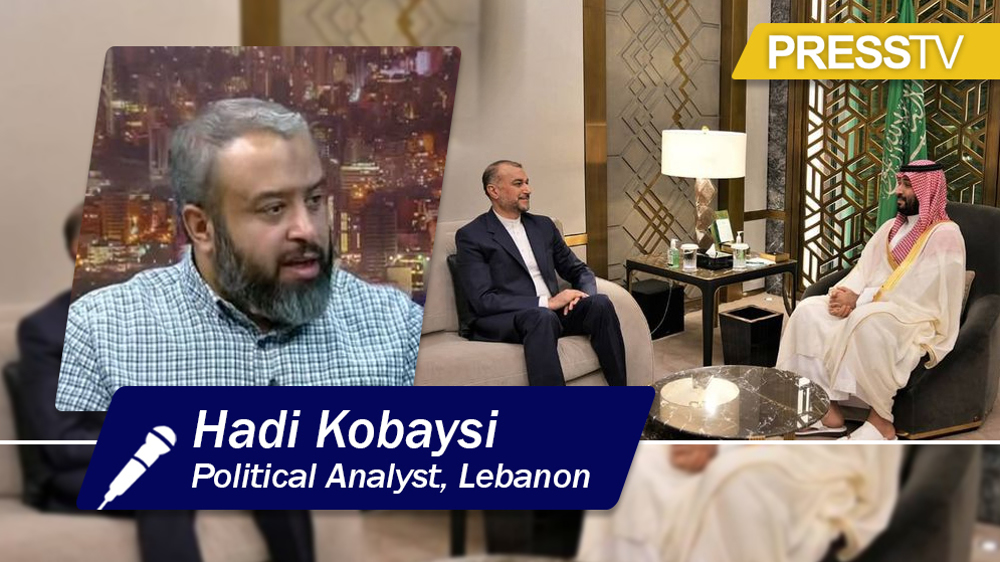
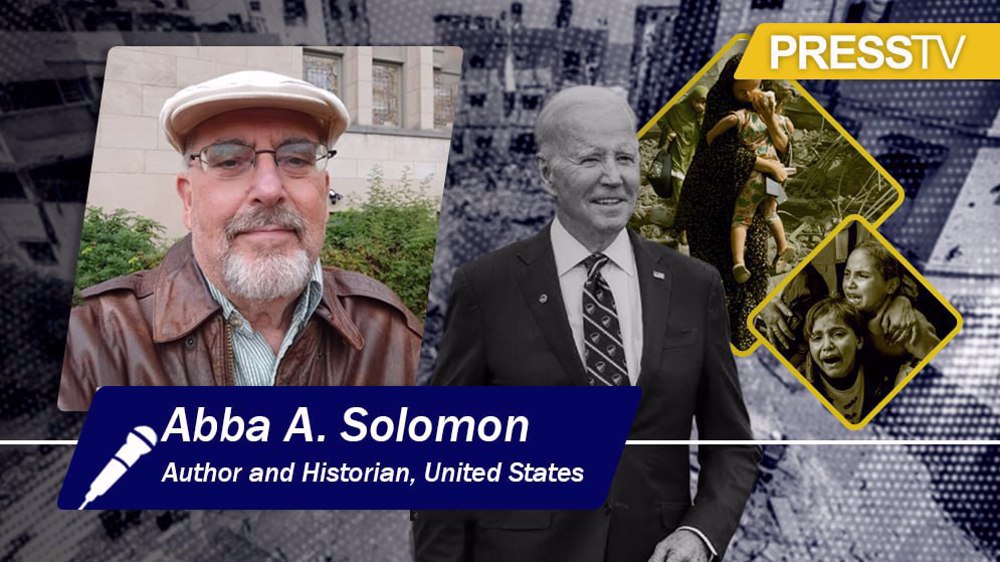





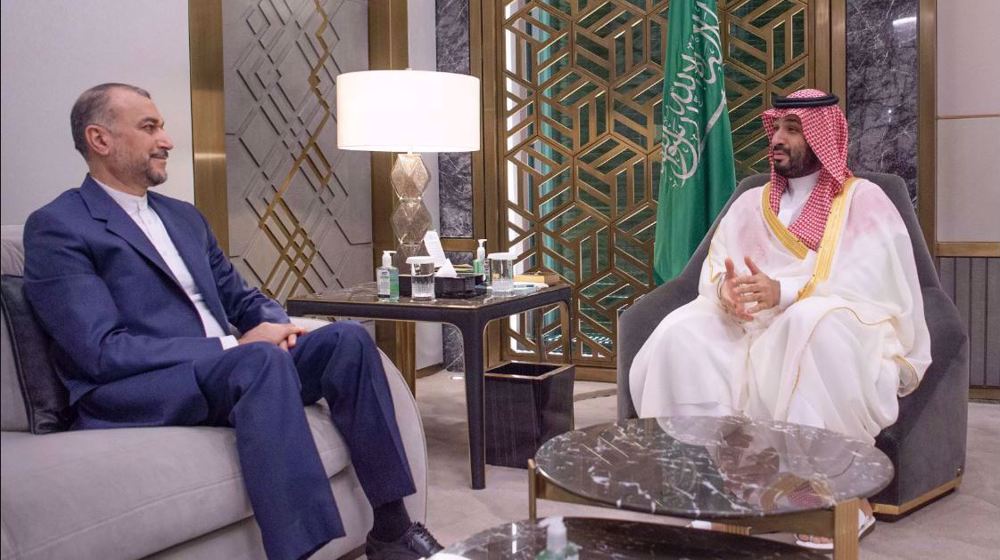
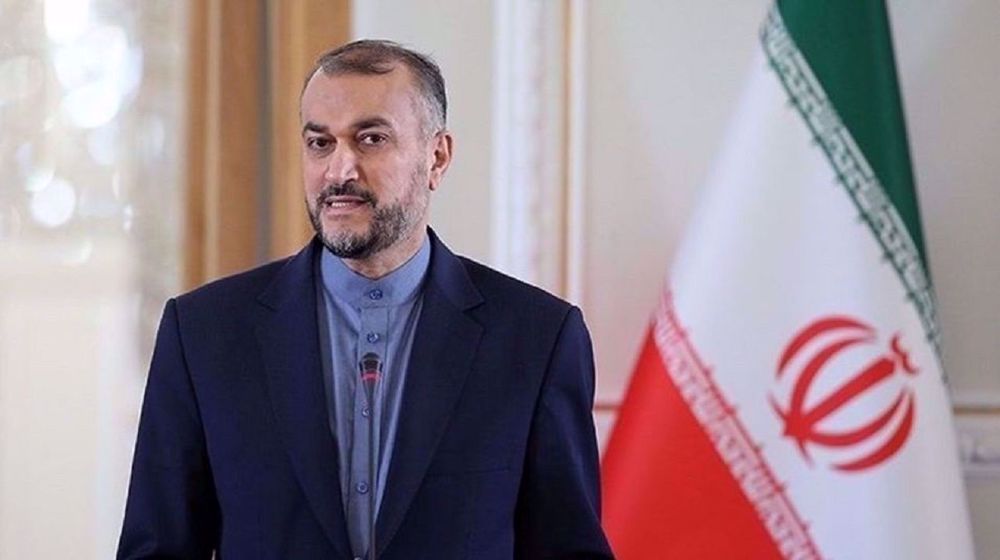
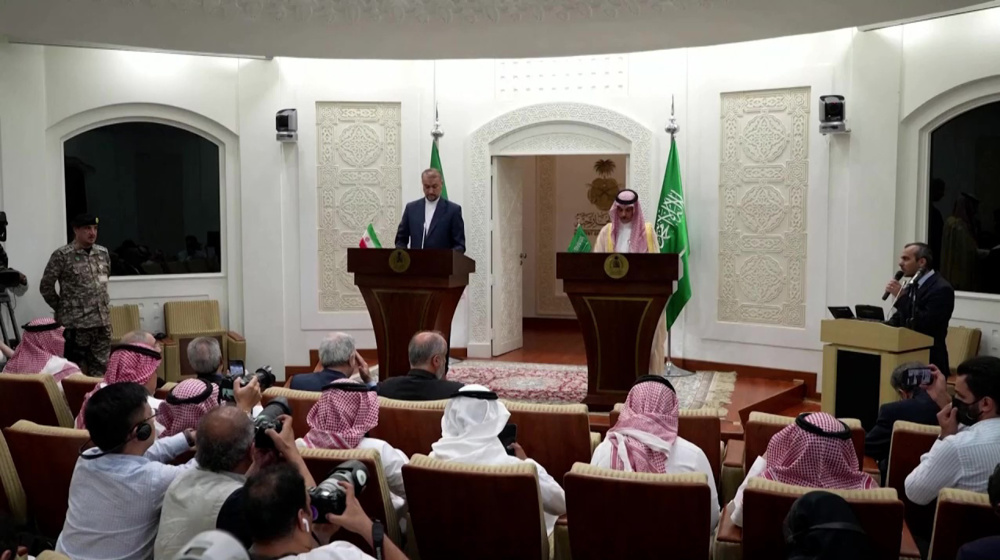
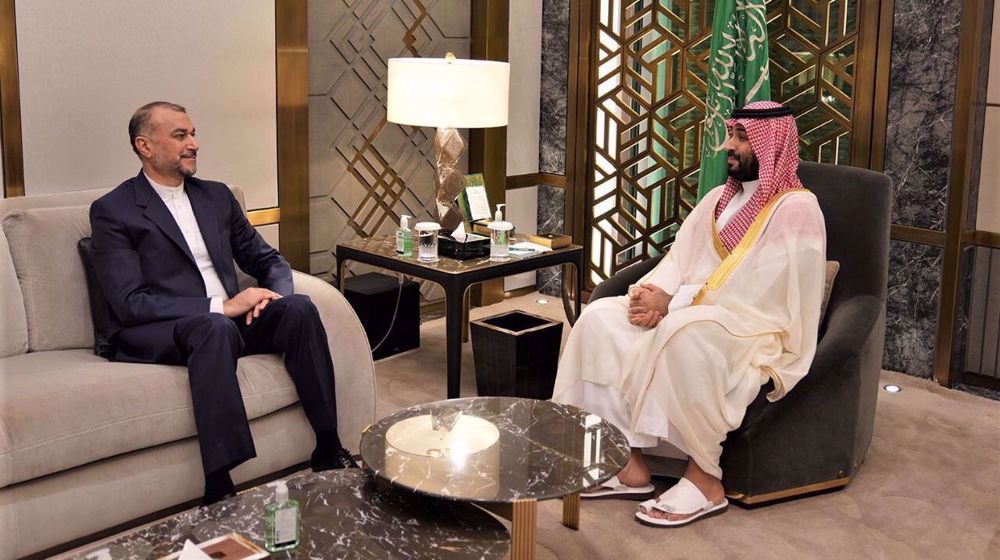
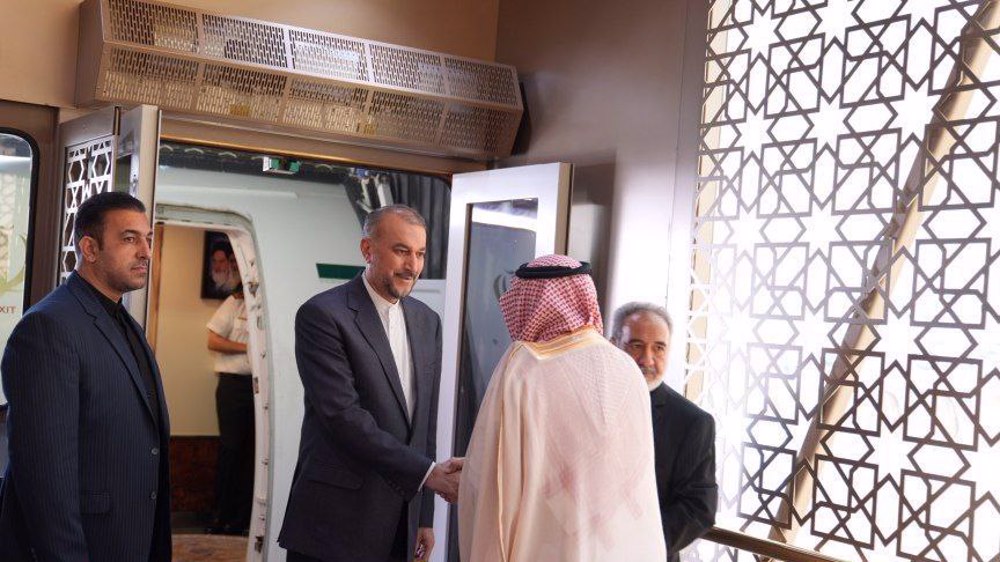

 This makes it easy to access the Press TV website
This makes it easy to access the Press TV website